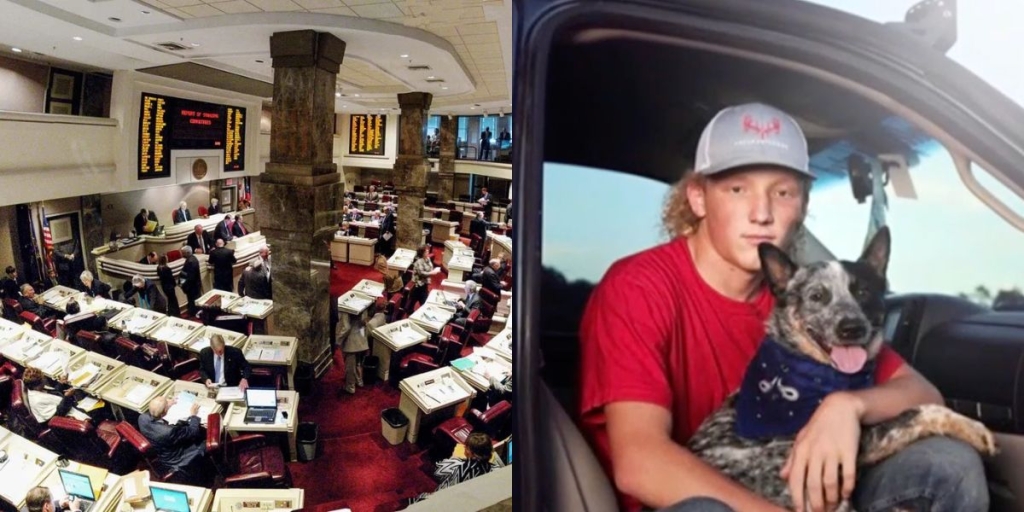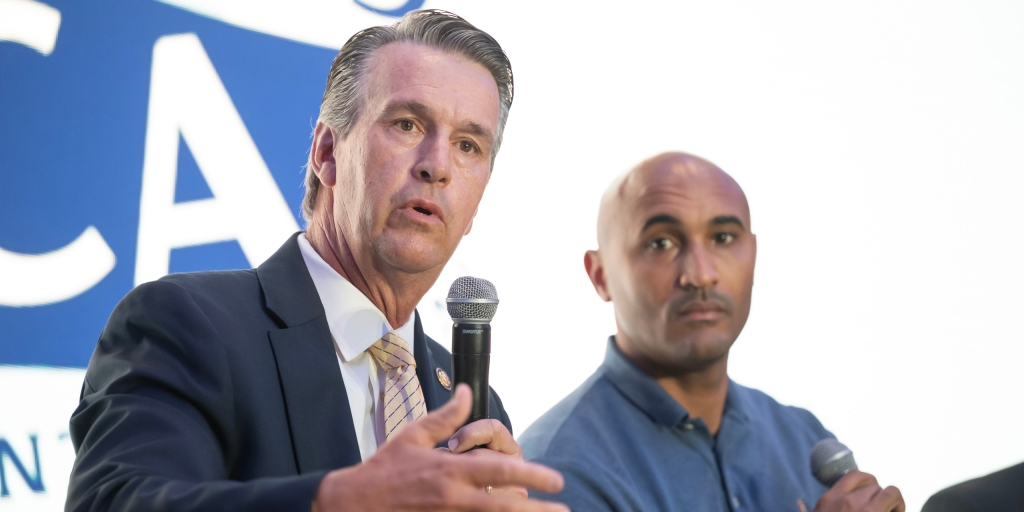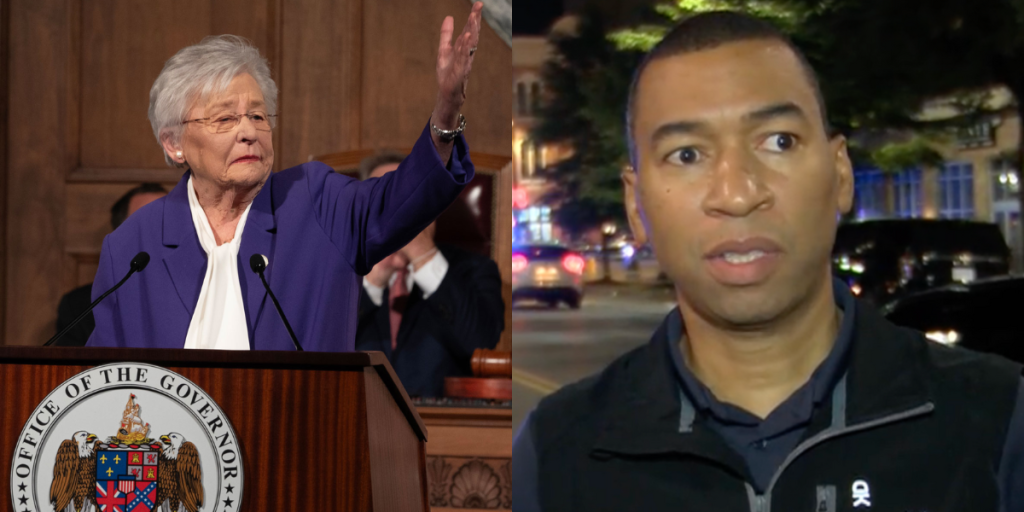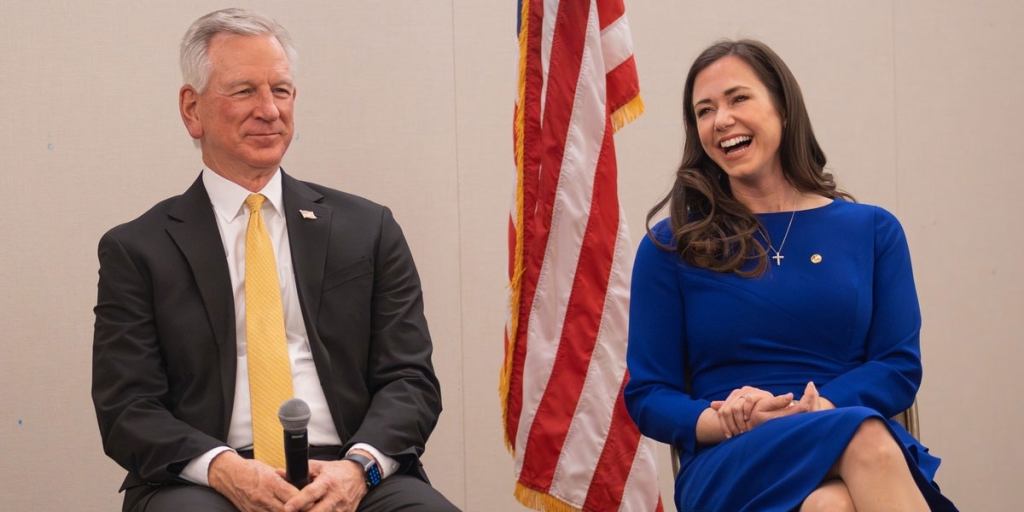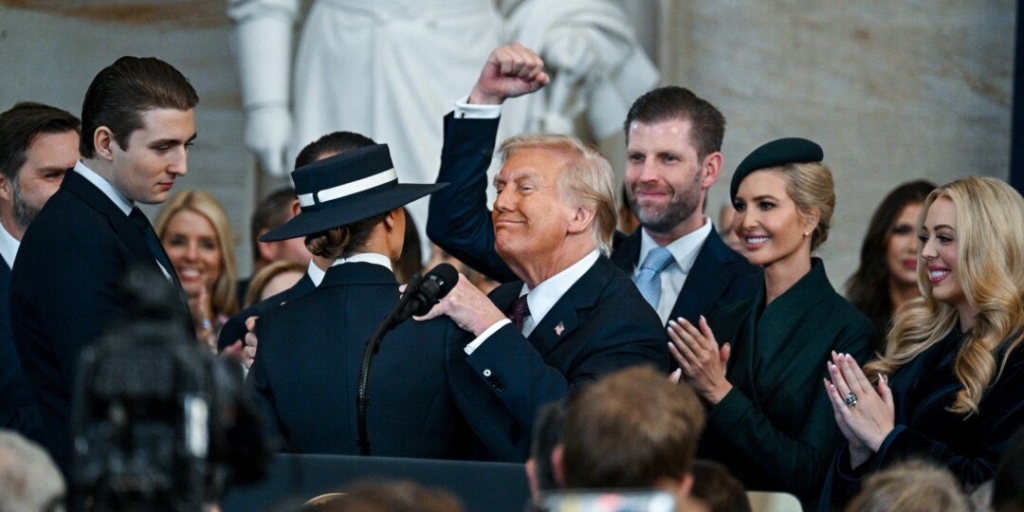
WASHINGTON — President Barack Obama on Monday announced his long-anticipated executive actions on gun control, which include expanded background checks on gun purchases, additional federal agents to enforce gun laws and a $500 million expenditure to increase access to mental health care and to help “shape the future of gun safety technology.”
A chorus of Republicans lambasted the move, criticizing it as the latest example of the Obama administration’s litany of executive overreaches, alongside his previous actions on climate change and immigration.
But in spite of the widespread condemnation among Republican lawmakers, many citizens were left asking the question, “So, what are you going to do about it?”
Numerous sources on Capitol Hill that Yellowhammer spoke with this week — including members of Congress and senior policy staffers — mostly replied with a similar answer: “We’re not sure yet,” and the reason is that the Obama administration crafted the executive actions in a way that leaves a great deal of ambiguity in how they will be implemented.
What is known for certain, however, is the Justice Department will play a central role.
President Obama huddled with Attorney General Loretta Lynch prior to rolling out his plan, presumably to get clarification on what she believes to be doable via executive fiat within the confines of the Constitution. Additionally, Lynch will be the President’s point person to implement his wishes, both in terms of enforcing the expanded background checks, and allocating additional DoJ resources to beef up the Bureau of Alcohol, Tobacco, Firearms and Explosives (ATF).
With Lynch’s position as a key player in mind, Alabama Senator Richard Shelby (R-Ala.) wrote her a letter on Wednesday saying he would not “not sit idly by and allow the Department to implement unlawful, unconstitutional actions.” He then requested that she appear before the Senate Appropriations Subcommittee on Commerce, Justice, and Science (CJS), which Shelby chairs and has purview over the Justice Department’s budget.
The way the budgeting process typically works is the President begins by making budget requests for the following year. Countless hearings are held on those requests and Congress then decides what agencies it will fund, and at what level. Once the money is appropriated, each Department has to send a plan to Congress — in the DoJ’s case, to Shelby’s subcommittee — detailing how they are going to spend the money. This gives the subcommittee members an opportunity to essentially say, “Yes, I agree with that,” or “No, that is not what we intended you to spend the money on.”
Historically, agencies are subject to the direction of the subcommittee chairmen when it comes to how they spend the money they are appropriated, which brings us to where things currently stand with the Department of Justice.
The Obama administration’s vague language in the gun control orders leaves some uncertainty — even at the Department of Justice and the ATF, according to Yellowhammer sources — about how the orders will be implemented.
This is why Senator Shelby’s request for Attorney General Lynch to come testify is the logical first step in Republicans’ ultimate effort to defund the President’s executive actions. Once she shares with the committee the details on how she plans to allocate her resources, Senator Shelby will have the opportunity to reject her plan.
There is plenty of precedent for this. In fact, this would not even be the first time in the past several months that Shelby’s subcommittee has blocked an Obama administration priority using this process.
Last year, the subcommittee blocked a budgeting request by the President that would have spent $50 million in taxpayer funds on lawyers for unaccompanied minors immigrating to the United States illegally.
President Obama had issued an executive order allowing young illegal immigrants to be considered for deportation protections. He then came behind that with a request for funds to pay lawyers to guide the minors through the process, giving Shelby the opportunity to step in and shut it down.
The system of checks and balances America’s Founders put in place gives Congress the power of the purse. Shelby’s subcommittee has used that power as intended to block Obama administration priorities in the past. After Lynch testifies, they may have a chance to do it again.
RELATED:
1. Bentley issues warning: ‘Obama is threatening to take away our 2nd Amendment rights’
2. Sessions: Obama seeks to disarm Americans while freeing dangerous criminals; here are the facts
3. Alabama congressmen gear up for Second Amendment fight with ‘out-of-control’ President
4. As Obama preps gun control executive orders, Alabama may consider ‘guns everywhere’ law





